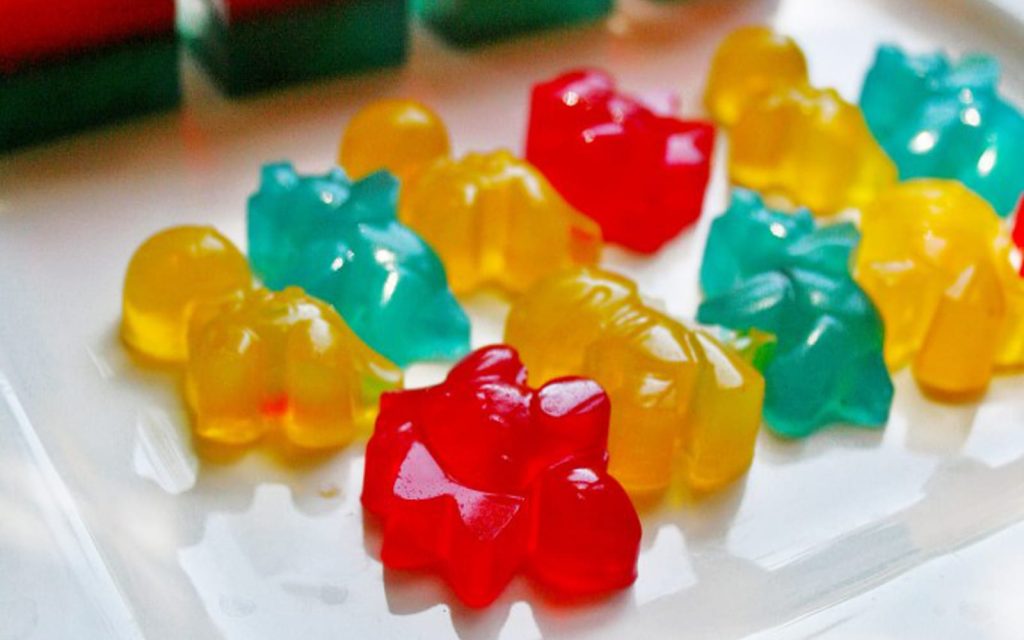Group Therapy Building Resilience Among Struggling Young Teens
Group therapy can be an essential tool in helping struggling young teens build resilience and navigate the challenges of adolescence. During this transformative period, teens often face various pressures, including peer relationships, academic expectations, identity exploration, and emotional regulation. These struggles can sometimes lead to feelings of isolation, anxiety, or depression. Group therapy, however, provides a safe space where teens can share their experiences, learn from others, and develop coping mechanisms that foster emotional strength and mental well-being. One of the primary benefits of group therapy for young teens is the sense of belonging it creates. Many teens feel as though they are the only ones dealing with certain struggles, which can heighten their sense of loneliness and hopelessness. Hearing others’ stories and struggles helps normalize their own feelings, which can reduce shame and isolation. The peer support that emerges from group therapy creates a powerful network of empathy and understanding, which encourages teens to open up and share their vulnerabilities.

Moreover, group therapy provides a unique opportunity for teens to develop social skills and improve their communication. Adolescence is a time of rapid social development, and many teens experience difficulties with conflict resolution, understanding diverse perspectives, and managing their emotions in social settings. Within a group therapy framework, they can practice these skills in a supportive, non-judgmental environment. Facilitators guide group members through discussions and activities that teach effective communication, empathy, and conflict resolution techniques. As teens learn to navigate the dynamics of the group, they also build confidence in their ability to interact with others outside of therapy. In addition to social and emotional growth, group therapy focuses on developing resilience the ability to adapt to adversity and bounce back from difficult situations. Many teens struggle with a sense of helplessness when faced with challenges, but group therapy helps them understand that resilience is a skill that can be developed. Through guided discussions, teens can learn strategies for managing stress, overcoming setbacks, and building a positive mindset.
Activities that promote self-reflection and problem-solving empower teens to take control of their responses to challenges, increasing their sense of agency and self-efficacy. Another key aspect of group therapy is the role of the facilitator, who provides guidance, structure, and safety for the group. Skilled facilitators are trained to recognize when a teen may be struggling and help them navigate difficult emotions. They create a supportive environment where each teen’s voice is valued, and they ensure that all participants are encouraged to engage in the therapeutic process. The facilitator’s role is also to help the group stay focused on constructive and solution-oriented discussions, fostering a space where teens can explore their challenges while also working towards growth. Ultimately, Arizona Avery’s House can be a transformative experience for struggling teens, helping them build resilience, emotional intelligence, and stronger interpersonal skills. By sharing experiences and learning from each other, teens can develop the coping strategies and self-awareness they need to face life’s challenges with greater confidence and perseverance.



